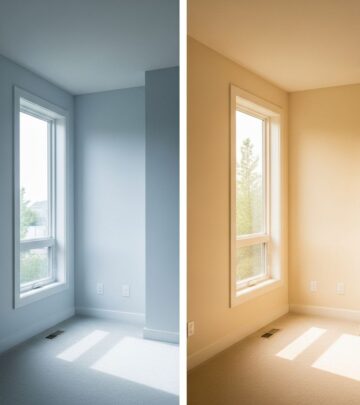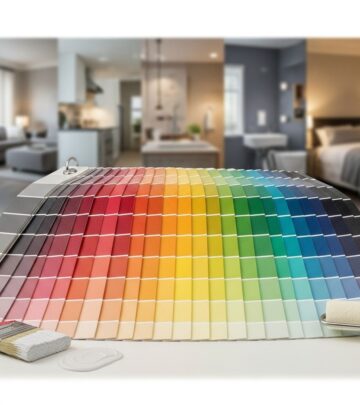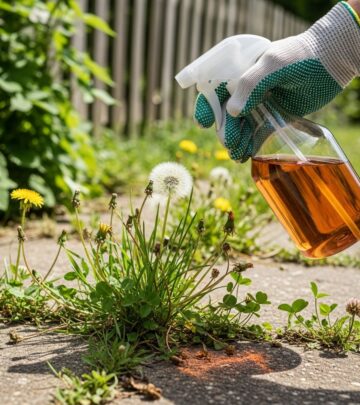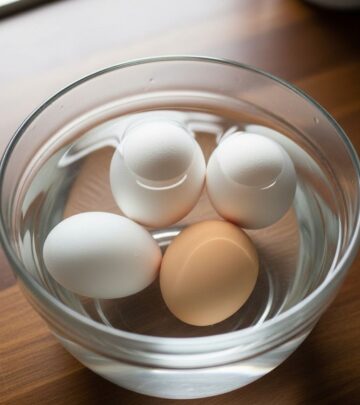The Ultimate Guide to Flooring: Materials, Installation, and Care
Practical advice for selecting stylish, durable underfoot surfaces that last for years.
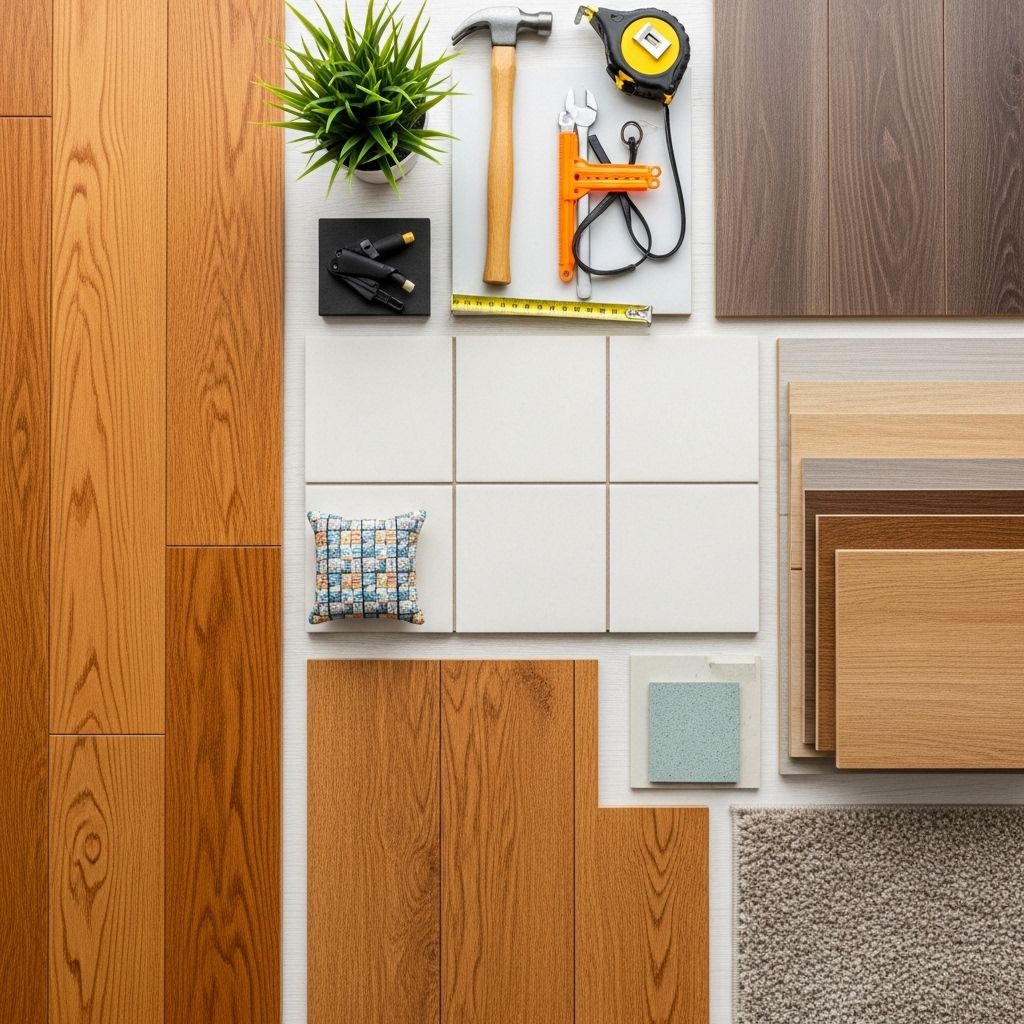
The Ultimate Guide to Flooring
Flooring is one of the most influential elements in any home’s design and function, shaping how spaces look, feel, and perform under daily activity. Whether remodeling a single room or updating an entire house, understanding your flooring options is crucial. This guide covers everything from materials and installation through maintenance and style ideas to help you make confident decisions.
Table of Contents
- Popular Flooring Materials
- How to Choose the Best Flooring
- Flooring Installation Guide
- Flooring Care & Maintenance
- Best Flooring for Every Room
- Design Trends and Innovations
- Frequently Asked Questions (FAQs)
Popular Flooring Materials
The choice of flooring is influenced by budget, aesthetics, use, and maintenance. Below are the most widely-used materials, each with its strengths and limitations:
| Material | Durability | Maintenance | Water Resistance | Best Uses |
|---|---|---|---|---|
| Hardwood | High (can be refinished) | Regular cleaning, periodic refinishing | Low | Living rooms, bedrooms |
| Engineered Wood | Medium to High | Easy cleaning, sometimes refinishing | Low to Medium (better than hardwood) | Bedrooms, living areas |
| Laminate | Medium | Easy to clean, can’t refinish | Medium (some products water-resistant) | Great rooms, hallways |
| Luxury Vinyl Plank (LVP) | High | Simple maintenance | High (many waterproof options) | Kitchens, baths, basements |
| Tile (Ceramic/Porcelain) | High | Mop, sweep, sealed grout | Highest | Kitchens, baths, laundry rooms |
| Carpet | Medium | Routine vacuuming, periodic cleaning | Low | Bedrooms, family rooms |
| Concrete | Very High | Sealing, sweeping | High | Modern interiors, basements |
Hardwood Flooring
Natural hardwood offers timeless beauty and can be refinished multiple times for exceptional longevity. It works best in dry areas and adds premium value to homes. However, hardwood is susceptible to water damage and scratches, making it less suited for kitchens and bathrooms.
Engineered Wood
Engineered wood mimics the look of true hardwood but uses a layered construction for stability. It resists minor moisture but generally should still be kept dry. It can occasionally be refinished, but not as many times as solid wood. Great for rooms built on concrete slabs where solid wood isn’t recommended.
Laminate Flooring
Laminate floors provide a wood-like appearance at a lower cost, with improved resistance to scratches and wear. Most laminate is not waterproof, but there are water-resistant varieties ideal for moderate-use areas. Be sure to check manufacturer ratings on water resistance.
Luxury Vinyl Plank (LVP) and Sheet Vinyl
LVP features durability and realistic wood or stone visuals. Many products are waterproof, making them versatile for kitchens, bathrooms, and entryways. Vinyl sheet flooring offers a seamless finish and strong water resistance, generally at a lower price point.
Tile Flooring
Ceramic and porcelain tiles excel in wet areas due to superior water resistance and easy maintenance. Available in many designs, tiles can suit classic or contemporary styles. Grout requires routine cleaning.
Carpet
This soft, warm flooring is ideal for bedrooms and cozy living spaces. New stain-resistant and allergen-friendly fibers make carpet increasingly practical. It is not recommended in moisture-prone zones.
Concrete
Modern polishing and staining techniques transform basic concrete into a sleek flooring option that is durable and easy to clean. Highly popular in contemporary homes and converted basements.
How to Choose the Best Flooring
Selecting the right floor depends on several factors:
- Room function: Consider the foot traffic, furniture weight, and risk of water exposure in each space.
- Budget: Material and installation costs vary widely; balance initial investment with long-term value.
- Style preference: Each material offers distinct colors, textures, and finishes—from rustic wood to modern tile.
- Maintenance requirement: Some floors need refinishing or sealing; others simply require sweeping or mopping.
- Installation constraints: Subfloor type, existing floor height, and DIY skill all impact installation options.
Questions to Consider
- Is this area exposed to frequent moisture?
- Will pets or children be present?
- Are you planning to install yourself or hire a professional?
- Do you want a floor that can be refinished in the future?
- What warranty or lifetime performance does each option offer?
Flooring Installation Guide
Proper installation affects flooring’s appearance, durability, and safety. Review these basics:
- Subfloor Preparation: Ensure the subfloor is clean, level, and dry. Moisture testing is essential for concrete bases.
- Acclimation: Some products, especially wood, must acclimate to room humidity for several days before installation.
- Installation Methods:
- Nail-down: Used for solid hardwood over wood subfloors.
- Glue-down: Best for engineered wood and some vinyl types.
- Floating: Laminate and many engineered products use interlocking edges with no adhesive.
- Tile: Set in mortar and grout; appropriate for concrete or prepared wood substrates.
- Professional Help: For complex projects (asbestos, uneven slabs, waterproofing), consult licensed contractors or flooring specialists.
Special Considerations for Heavy Furniture
Floors subjected to heavy items—like pool tables—need materials rated for compressive strength and scratch resistance. Vinyl plank flooring is a strong candidate, but consult manufacturers and installers to confirm compatibility with your furnishings.
Flooring Care & Maintenance
Routine care preserves your floors’ beauty and function. Key rules include:
- Sweep or vacuum regularly to prevent grit from scratching surfaces.
- Damp mop tile, vinyl, and sealed wood flooring; avoid soggy cleaning unless specified waterproof.
- Use protective pads under furniture legs.
- Clean spills promptly—especially on wood and laminate—to prevent staining and warping.
- Reapply sealants on wood, concrete, and stone floors as per manufacturer’s recommendations.
Special Tips by Material
- Hardwood/Engineered Wood: Refinish as needed; keep dry.
- Vinyl/Laminate: Avoid harsh scrubbers; check that cleaning products are recommended for your floor.
- Carpet: Steam/chemically clean periodically; treat stains immediately.
- Tile: Clean and reseal grout; sweep and damp mop.
- Concrete: Reseal for protection and shine; sweep as needed.
Best Flooring for Every Room
Kitchen
- Recommended: Porcelain tile, waterproof vinyl, engineered wood (only if water control is reliable)
- Not recommended: Carpet, solid hardwood
Bathroom
- Recommended: Porcelain or ceramic tile, waterproof vinyl plank
- Not recommended: Most wood and laminate (due to moisture concerns)
Basement
- Recommended: Vinyl, tile, sealed concrete
- Not recommended: Unsealed wood, standard carpet
Bedroom
- Recommended: Carpet, hardwood, engineered wood
- Not recommended: Tile (cold underfoot)
Living Room, Great Room
- Recommended: Hardwood, engineered wood, laminate, carpet, luxury vinyl plank
Design Trends and Innovations
- Wide Plank Flooring: Oversized planks create spacious visuals and suit rustic or modern homes.
- Neutral and Gray Tones: Greige, taupe, and light hues dominate contemporary palettes.
- Patterned Tile: Geometric and encaustic designs personalize kitchens and baths.
- Eco-Friendly Materials: Bamboo, cork, and recycled-content flooring serve sustainable lifestyles.
- Waterproof Technologies: Innovations in vinyl and composite floors allow installation in areas previously limited to tile.
- Textured Finishes: Wire-brushed, hand-scraped, or matte surfaces offer visual depth and mask wear.
Frequently Asked Questions (FAQs)
Q: Is hardwood a good choice for bathrooms?
A: Generally, hardwood is not recommended for bathrooms due to high moisture, which can damage and warp the wood. Waterproof vinyl or tile are preferred.
Q: What’s the most durable, low-maintenance flooring?
A: Luxury vinyl plank, porcelain tile, and polished concrete offer excellent durability and easy cleaning, even in high-traffic and wet areas.
Q: Can flooring be installed over slabs with asbestos tile?
A: Yes, engineered wood or floating floors can be installed after professional assessment, but consult experts to ensure safety and compliance.
Q: Which flooring is best for homes with pets?
A: Waterproof vinyl, high-quality laminate, and tile all resist scratches and accidents; carpet may require stain-resistant varieties.
Q: How do I prevent furniture from denting my new floor?
A: Use protective pads and consider floors rated for strength, such as high-grade vinyl plank or tile. For heavy fixtures like pool tables, consult with installers to choose the best foot pads and installation method.
Q: How often should flooring be replaced?
A: Quality floors can last decades with proper care. Hardwood is refinished, vinyl and tile can last 20+ years, while carpet often lasts 5–15 years depending on traffic and care.
Expert Recommendations
- Always match material performance to room conditions (humidity, foot traffic, exposure).
- Don’t compromise on professional installation for complex or large areas.
- Request warranty details before purchase to ensure long-term satisfaction.
- Test cleaning products on hidden areas to ensure safety and effectiveness.
- Stay up to date via flooring magazines and manufacturer resources for design inspiration and technical help.
Additional Resources
- Consult Better Homes & Gardens for material guides, styling advice, and expert Q&A on tough flooring decisions.
- Browse professional advice for solving subfloor and installation challenges, including slab homes and asbestos concerns.
- Explore installation and care videos for step-by-step help with specific products and rooms.
Transform Your Home With the Perfect Floor
Beautiful flooring invites comfort, personality, and lasting value to every space in your home. Evaluate all factors—material, style, budget, performance, and care—to ensure each choice brings you satisfaction for years to come. For more inspiration and advice, continue following expert sources and browse the latest trends to make your flooring project a stylish success.
References
- https://www.bhgre.com/bhgrelife/ask-a-pro-the-best-flooring-for-you/
- https://www.prnewswire.com/news-releases/bhg-kitchen–bath-ideas-magazine-names-armstrongs-architectural-remnants-laminate-flooring-one-of-2014s-30-most-innovative-products-245571991.html
- https://www.bhgre.com/bhgrelife/nail-down-new-flooring-go-from-slab-to-hardwood-with-these-stylish-flooring-options/
- https://magazine.feedspot.com/flooring_magazines/
- https://www.youtube.com/watch?v=OPomQIW4N9Y
- https://www.ncmodernist.org/BHG-1957-06.pdf
- https://find-and-update.company-information.service.gov.uk/company/10841351/filing-history?page=2
Read full bio of medha deb


